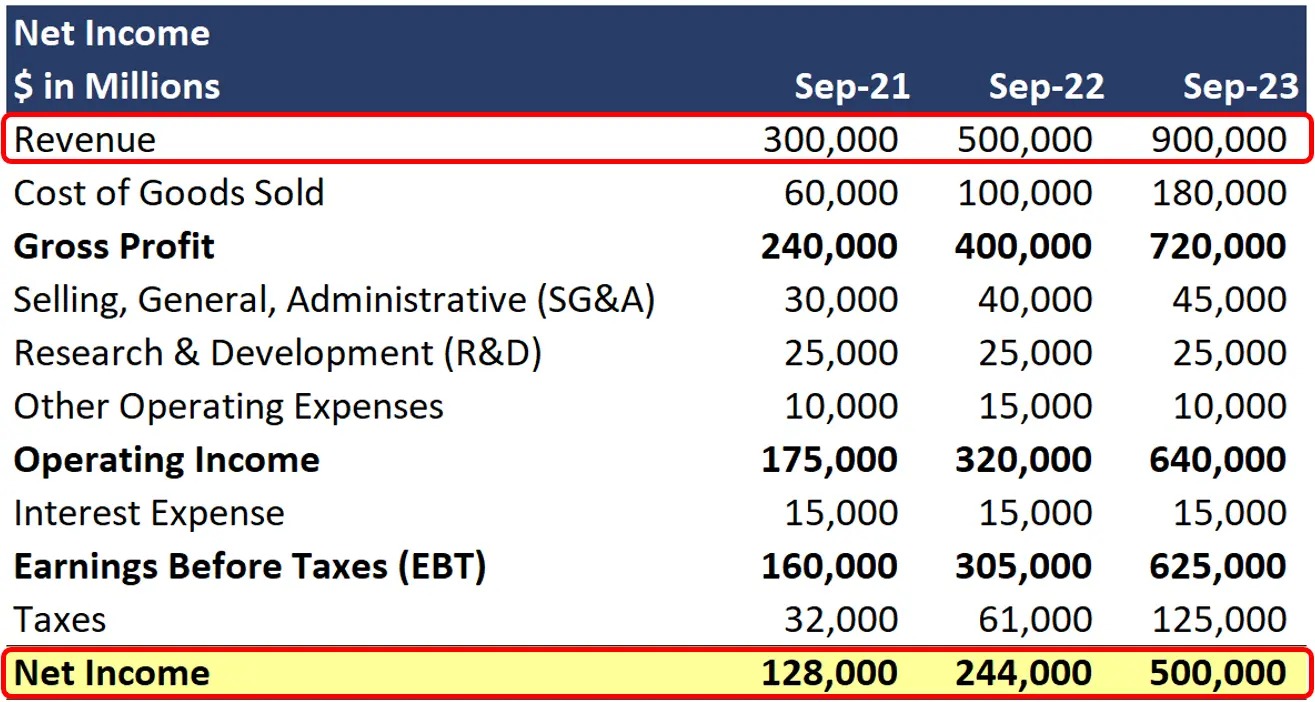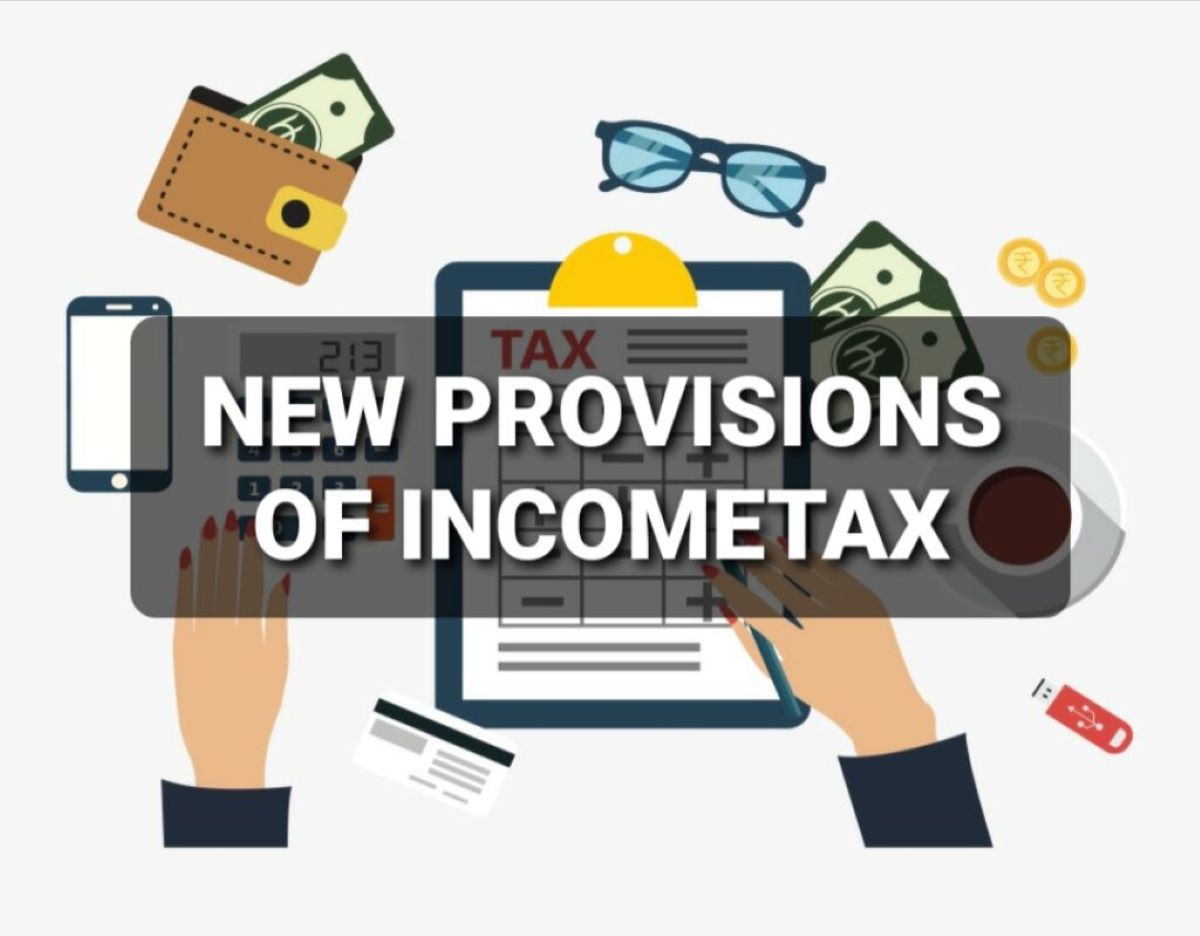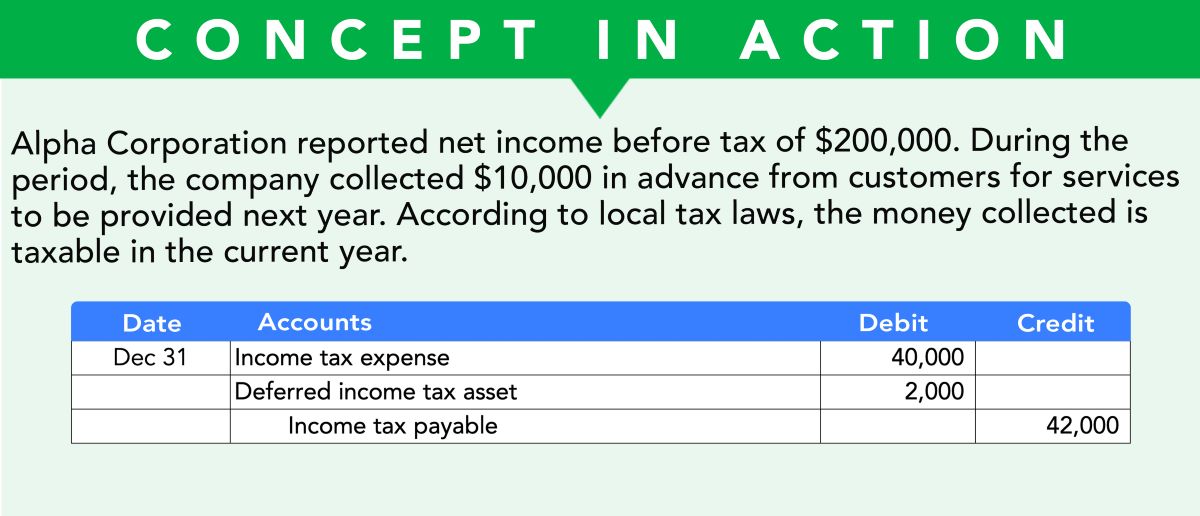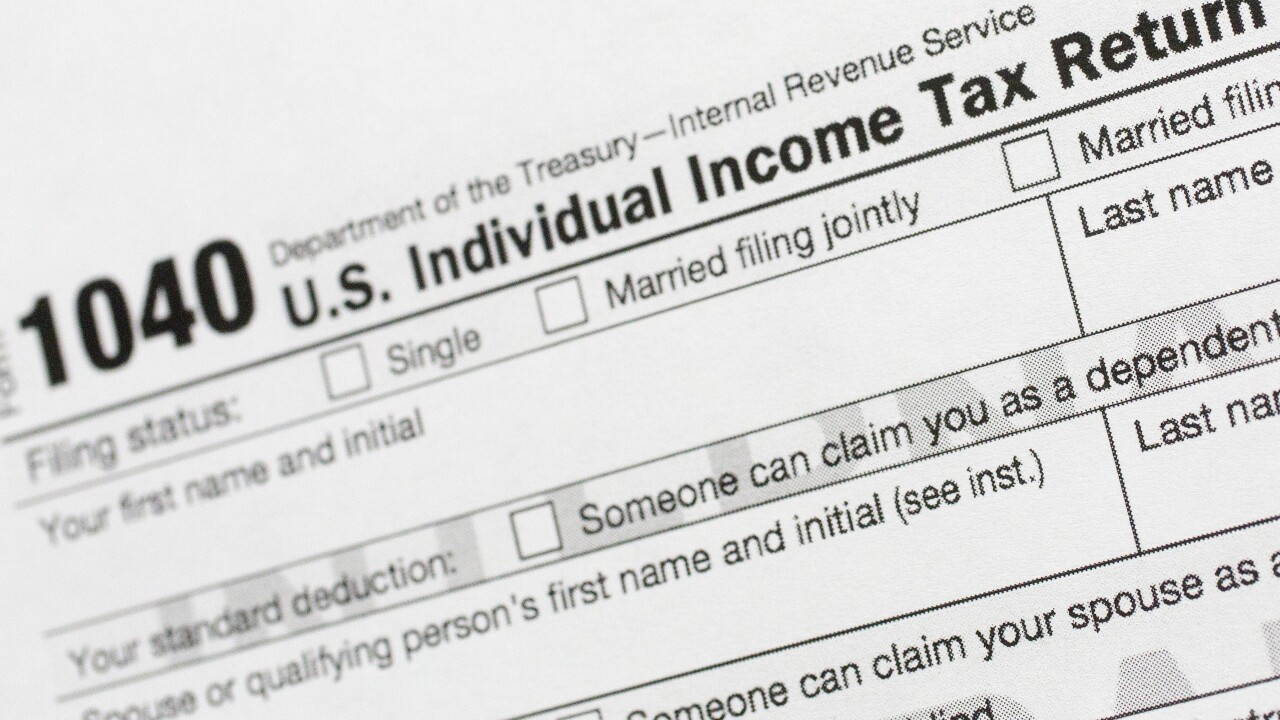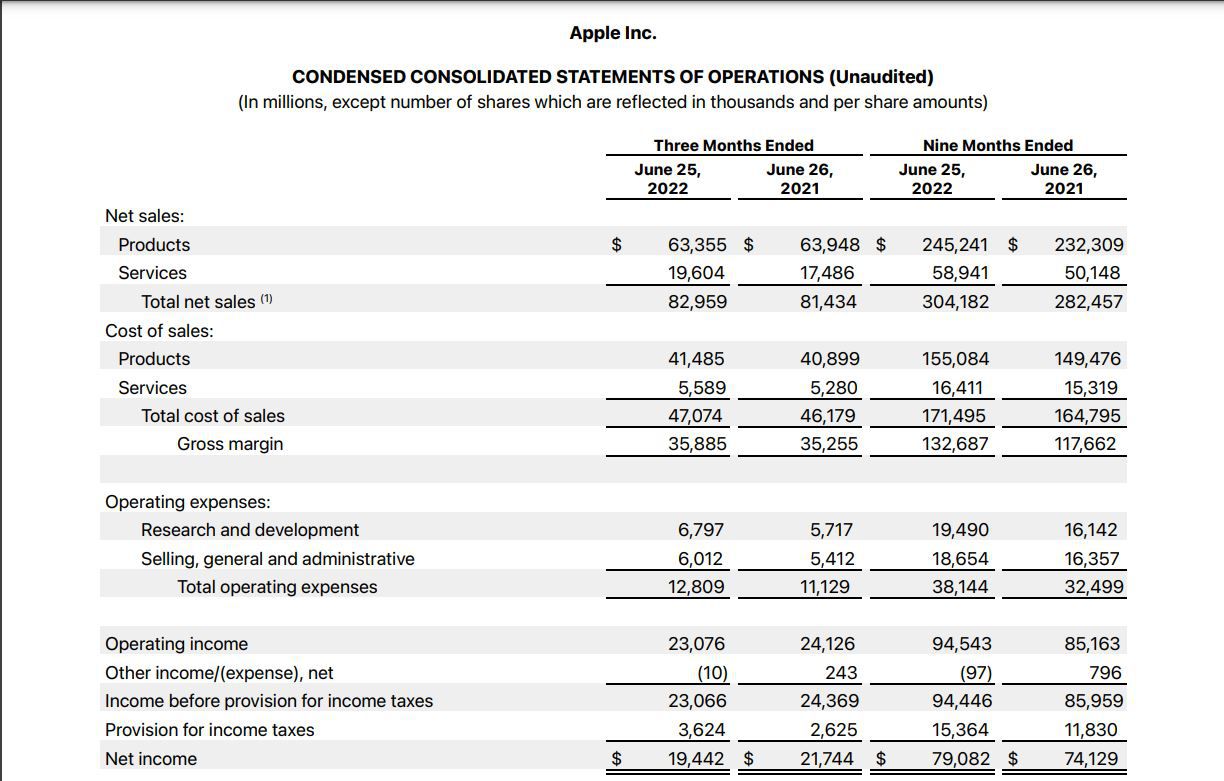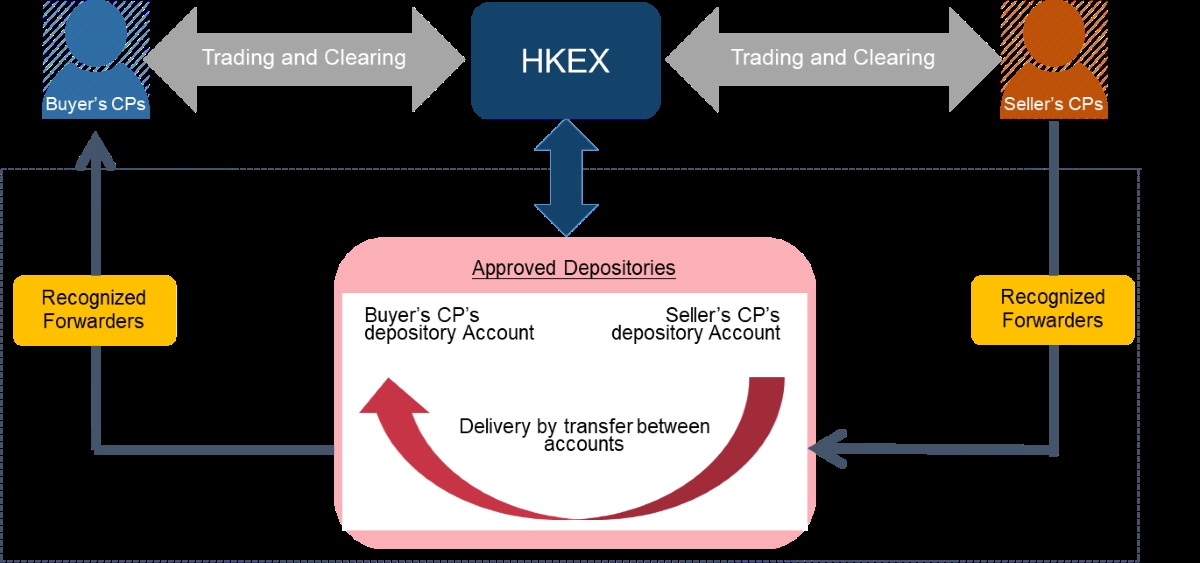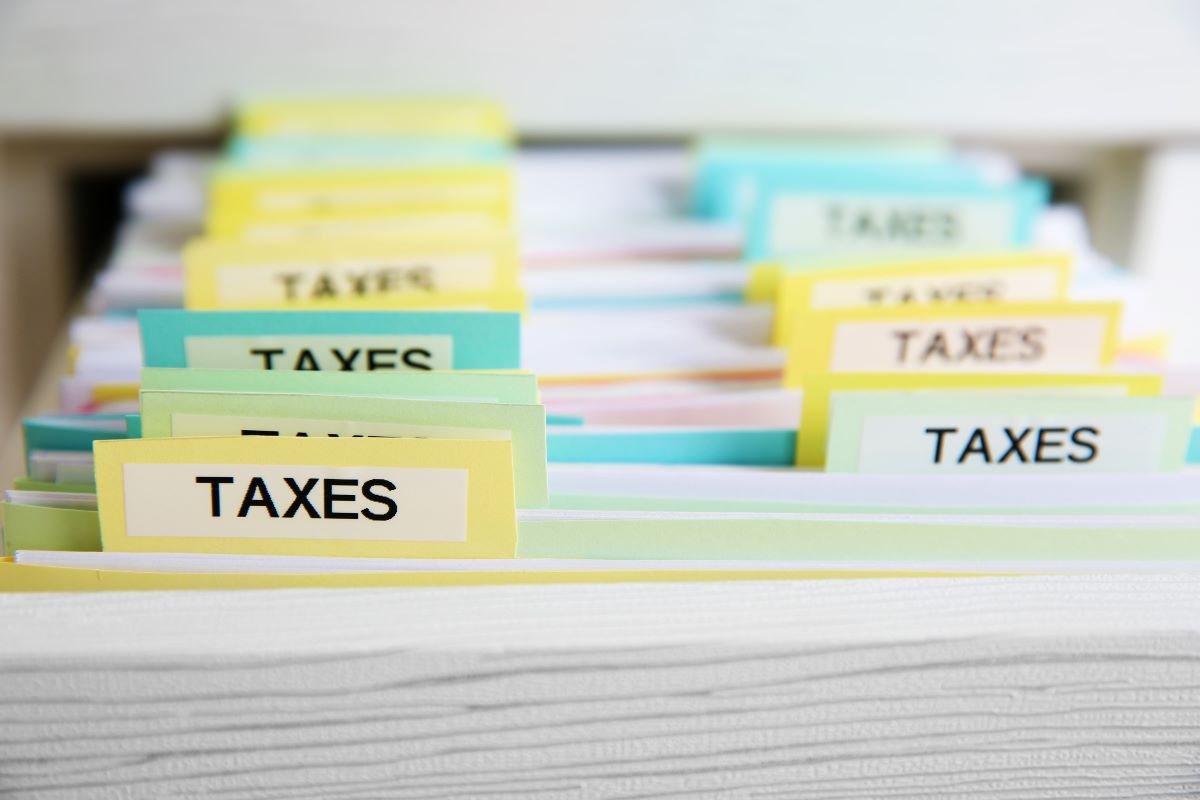

Finance
How To Find Old Income Tax Records
Published: November 2, 2023
Looking for old income tax records? Learn how to find and access your previous financial documents easily. Discover helpful tips and tools in managing your finances.
(Many of the links in this article redirect to a specific reviewed product. Your purchase of these products through affiliate links helps to generate commission for LiveWell, at no extra cost. Learn more)
Table of Contents
- Introduction
- Importance of Old Income Tax Records
- Contacting the IRS for Old Income Tax Records
- Requesting Old Income Tax Records Online
- Requesting Old Income Tax Records by Mail
- Obtaining Old Income Tax Records from a Tax Preparer
- Retrieving Old Income Tax Records from the State Tax Department
- Using Previous Tax Software or Online Services
- Utilizing Professional Services for Old Income Tax Records
- Conclusion
Introduction
Finding old income tax records is essential for a variety of reasons, from preparing for an audit to applying for a mortgage or loan. These records provide valuable information about your financial history and can help you accurately report your income and deductions. However, locating old tax records may seem like a daunting task, especially if you are unsure about where to start.
Fortunately, there are several ways to access and retrieve your old income tax records. Whether you need to obtain records from a few years ago or even several decades back, there are options available to assist you in retrieving the information you need. This article will guide you through the various methods you can use to find your old income tax records, ensuring that you have the necessary documentation at your disposal.
It is essential to note that the process may vary depending on how far back you need to go and whether you maintained your own records or relied on a tax preparer. This article will focus on the general steps you can take to retrieve your old income tax records, but it is always advisable to consult with a tax professional if you encounter any complexities or uncertainties during the process.
Now, let’s dive into the different methods available to help you find your old income tax records and ensure that you have the necessary documentation for your financial needs.
Importance of Old Income Tax Records
Old income tax records hold significant importance for individuals and businesses alike. They provide a comprehensive financial snapshot of your past, allowing you to access important information and make informed decisions. Here are several reasons why it is crucial to keep and find your old income tax records:
- Preparing for an Audit: The Internal Revenue Service (IRS) may choose to audit your tax returns, especially if they suspect errors or discrepancies. Having access to your old income tax records can help you substantiate the accuracy of your reported income and deductions, easing the auditing process.
- Filing Amended Returns: There may be instances where you need to file an amended tax return to rectify errors or make updates. Old income tax records allow you to cross-reference the original filings, ensuring you make the necessary corrections and avoid potential penalties or interest charges.
- Legal Requirements: Certain legal situations, such as divorce, property disputes, or bankruptcy, may require you to provide past tax returns. By keeping and finding your old income tax records, you can fulfill these legal obligations efficiently.
- Applying for Loans or Mortgages: Lenders often request copies of past tax returns as part of the loan application process. Having access to your old income tax records allows you to provide the required documentation promptly, increasing your chances of securing the loan or mortgage approval.
- Retirement Planning: When planning for retirement, having access to your past tax returns enables you to accurately assess your income, deductions, and contributions to retirement accounts. This information is crucial for making informed decisions regarding saving, investments, and estimating future retirement income.
The importance of maintaining and finding old income tax records cannot be overstated. These records provide a financial trail of your past and allow you to meet various obligations, handle audits, and make informed decisions. Whether it’s for personal use or legal requirements, having these records readily available can save you time, money, and potential headaches in the future.
Contacting the IRS for Old Income Tax Records
The Internal Revenue Service (IRS) is the primary source for obtaining copies of your old income tax records. They maintain tax return transcripts and copies for up to seven years, making it a valuable resource for retrieving past financial information. Here’s how you can contact the IRS to obtain your old income tax records:
1. Online Request: The IRS provides an online tool called “Get Transcript” that allows you to request old income tax records. Simply visit the IRS website and follow the instructions to set up an account. Once logged in, you can request tax return transcripts or tax account transcripts for the desired years. The transcripts will be available for immediate download or delivery by mail.
2. Phone Request: Another option is to contact the IRS by phone and request your old income tax records. For individuals, call the IRS Transcript Request Line at 1-800-908-9946 and follow the automated prompts. Business taxpayers can call the Business and Specialty Tax Line at 1-800-829-4933. Be prepared to provide detailed information to verify your identity and request the specific tax years you need.
3. In-Person Request: If you prefer a face-to-face interaction, you can visit your local IRS office and request your old income tax records. Use the IRS website’s “Contact Your Local IRS Office” tool to find the nearest office. Make sure to bring a valid form of identification, such as a driver’s license or passport, and any relevant documents or information to assist the IRS in locating your records.
It’s important to note that the IRS charges a fee for providing copies of old income tax records. As of 2021, the fee is $43 per tax return copy. However, transcripts can be obtained for free using the online or phone request methods mentioned above. Additionally, it may take several weeks to receive the requested records, so it’s advisable to plan ahead and allow sufficient time for processing and delivery.
Contacting the IRS is a reliable and official way to retrieve your old income tax records. Whether you choose to request them online, over the phone, or in person, the IRS can provide you with the necessary documentation to meet your financial needs and obligations.
Requesting Old Income Tax Records Online
One of the most convenient ways to obtain your old income tax records is by requesting them online. The Internal Revenue Service (IRS) provides an online tool called “Get Transcript,” which allows you to access and download your tax return transcripts or tax account transcripts for the desired years. Here’s how you can request your old income tax records online:
1. Visit the IRS Website: Start by visiting the official IRS website at www.irs.gov. Look for the “Get Transcript” tool, which is typically located under the “Tools” or “Forms and Instructions” section of the website.
2. Set Up an Account: To use the “Get Transcript” tool, you will need to create an account. You will be asked to provide personal information, including your Social Security number, date of birth, and filing status. Make sure to have your relevant identification documents, such as a driver’s license or passport, on hand.
3. Choose the Type of Transcript: Once you have set up your account, you can select the type of transcript you need. The options typically include tax return transcripts or tax account transcripts. Tax return transcripts show information from your original tax returns, while tax account transcripts provide a summary of your tax account, including any adjustments or changes made to your returns.
4. Select the Tax Years: After choosing the type of transcript, you will be prompted to select the specific tax years for which you need records. You can request transcripts for up to four years at a time. If you need records beyond the available years online, you may have to use other methods, such as contacting the IRS directly or using professional services.
5. Download or Receive by Mail: Once your request is complete, you will have the option to download the tax transcripts immediately or have them sent to you by mail. If you choose the mail option, it may take several weeks to receive the transcripts. If you need them urgently, it’s recommended to download them online.
Requesting old income tax records online through the “Get Transcript” tool is a convenient and efficient method. It allows you to access your records from the comfort of your own home and eliminates the need for in-person visits or lengthy phone calls. However, it’s important to note that this method is only available if you have a valid email address, a Social Security number, and some form of identification.
Requesting Old Income Tax Records by Mail
If you prefer a traditional approach or are unable to access your old income tax records online, you can request them by mail from the Internal Revenue Service (IRS). Follow these steps to request your old income tax records through mail:
1. Download Form 4506: Start by downloading Form 4506, titled “Request for Copy of Tax Return,” from the IRS website. You can find this form in the “Forms and Instructions” section or use a search engine to locate it directly. Print out the form and ensure that you have a separate copy for each tax year you need records for.
2. Fill Out the Form: Carefully fill out Form 4506, providing accurate information for each tax year you are requesting records. Include your name, Social Security number, current address, and any relevant information required. Double-check the form for accuracy and completeness to avoid delays in processing.
3. Choose Transcript Type: On Form 4506, you will need to indicate whether you need a tax return transcript or a tax account transcript. Refer to the instructions on the form to understand the differences between the two types and determine which one is most suitable for your needs.
4. Make Payment: The IRS charges a fee for providing copies of old income tax records. As of 2021, the fee for each tax return copy is $43. If you only need a tax account transcript, the fee is reduced to $8 per transcript. Include a check or money order payable to the “United States Treasury” along with your completed form to cover the appropriate fee.
5. Mail the Form: Once your form is completed and payment is enclosed, mail it to the appropriate IRS processing center. The correct address for submission can be found in the instructions accompanying Form 4506. Make sure to use certified mail or a reliable postal service to track your request and ensure its delivery.
It’s important to note that the processing time for mailed requests can be longer compared to online methods. It may take several weeks for the IRS to process your request and send you the requested old income tax records. If you need the records urgently, consider alternative methods such as online requests or contacting the IRS directly.
Requesting old income tax records by mail is a viable option if you prefer a physical copy or are unable to access them online. By following these steps and providing all the necessary information, you can successfully request your old income tax records through the mail and have the documentation you need for various financial purposes.
Obtaining Old Income Tax Records from a Tax Preparer
If you enlisted the help of a tax preparer to file your taxes in previous years, they may have copies of your old income tax records. Obtaining these records from your tax preparer can be a straightforward process. Here’s how you can obtain your old income tax records from a tax preparer:
1. Contact Your Tax Preparer: Begin by reaching out to your tax preparer or the tax preparation company you used in the past. Provide them with your name, Social Security number, and the tax years for which you need records. They may have specific procedures in place for retrieving old tax records.
2. Request Copies: Clearly express your request for copies of your old income tax records. Specify whether you need complete copies of your tax returns or just specific documents, such as W-2 forms or schedules. Be prepared to provide any necessary personal identification or verification to authenticate your request.
3. Confirm Any Associated Fees: Some tax preparers may charge a fee for providing copies of old income tax records. Inquire about any associated costs upfront to ensure you are aware of any financial obligations. Additionally, verify the expected turnaround time for receiving your requested records.
4. Provide Required Information or Documentation: Your tax preparer may request additional information or documentation to process your request. This could include providing identification documents, signing authorization forms, or completing any necessary paperwork. Cooperate promptly to expedite the retrieval process.
5. Secure Your Obtained Records: Once you receive your old income tax records from your tax preparer, make sure to securely store them in a safe place. Consider making electronic copies or storing them in a password-protected digital format for easy access and additional backup.
Obtaining old income tax records from a tax preparer is often a simple process, especially if you have maintained a good working relationship with them. By reaching out and providing the necessary information, you can retrieve your records efficiently and have the documentation you need for various financial purposes.
Retrieving Old Income Tax Records from the State Tax Department
In addition to the Internal Revenue Service (IRS), state tax departments also maintain records of individuals’ income tax filings. If you need to retrieve old income tax records specifically from your state tax department, follow these steps for a smooth process:
1. Locate the State Tax Department: Start by identifying the appropriate state tax department that handles income tax records. Visit the official website of your state’s taxing authority or use a search engine to find the contact information or resources related to old income tax records retrieval.
2. Determine the Request Method: Different state tax departments may have varying procedures for requesting old income tax records. Some may offer an online request system, while others may require a written letter or specific forms to be submitted. Review the guidelines provided by the state tax department to understand the requirements and process.
3. Fill Out the Request Form or Letter: If applicable, fill out any required request forms or draft a request letter addressing the state tax department. Be sure to include your personal information, such as your name, Social Security number, and address, along with the specific tax years for which you need records.
4. Provide Necessary Documentation: The state tax department may require additional documentation to verify your identity or establish your connection to the tax records. This may include providing a copy of your identification documents or supplying any relevant tax-related documents, such as W-2 forms or tax payment receipts. Attach these documents as instructed.
5. Pay Any Applicable Fees: Some state tax departments may charge a fee for providing copies of old income tax records. Check the guidelines provided by the department to determine if there are any associated costs. If applicable, include the payment along with your request form or follow the specified payment instructions.
6. Submit Your Request: Once you have completed the request form or letter and gathered all necessary documentation, submit your request to the state tax department through the designated method. If mailing your request, consider using certified mail or another reliable postal service to track the delivery.
The retrieval process for old income tax records from the state tax department may vary, so it’s recommended to follow the specific guidelines provided by your state tax authority. Be prepared for potential processing times, as it may take several weeks to receive your requested records.
By understanding the process and fulfilling the requirements set by the state tax department, you can successfully retrieve your old income tax records and have the necessary documentation for various financial purposes.
Using Previous Tax Software or Online Services
If you have previously used tax software or online services to file your income taxes, you may be able to retrieve your old income tax records directly from these platforms. Here’s how you can utilize previous tax software or online services to access your old tax records:
1. Log In to Your Account: Visit the website or log in to the tax software or online service you used in the past to file your taxes. Enter your credentials, such as your username and password, to access your account.
2. Navigate to Your Tax History: Once you are logged in, navigate to the section that contains your tax history or previous tax returns. This may be labeled as “My Account,” “Tax History,” or something similar. Explore the menus or search for specific options related to accessing your old tax records.
3. Select the Desired Tax Year: Depending on the available features of the tax software or online service, you may have the option to select the specific tax year for which you need records. Choose the desired tax year to retrieve the associated tax documents or returns.
4. Download or Print: Once you have accessed the relevant tax year, you can typically download or print a copy of your old income tax records. The options may vary depending on the platform, but you should find an option to save or print the documents for your records.
5. Verify the Accuracy of the Records: Before using the downloaded or printed records, review them to ensure their accuracy. Check for any errors, missing information, or discrepancies. If you identify any issues, consult with a tax professional or consider contacting the tax software provider or online service for assistance.
Using previous tax software or online services to retrieve your old income tax records offers a convenient and efficient method. It allows you to access your records without having to rely on external entities or wait for manual retrieval processes. However, it’s important to remember that this option is only available if you have used such software or services to file your taxes in the past.
If you no longer have access to your account or face any difficulties retrieving your old tax records from the tax software or online service, you may need to explore alternative methods, such as contacting the IRS or using other professional services to obtain your records.
Utilizing Professional Services for Old Income Tax Records
If you are unable to retrieve your old income tax records through other methods or prefer to enlist professional assistance, there are various services available to help you obtain the records you need. Here are a few options for utilizing professional services to retrieve your old income tax records:
1. Tax Attorneys or Accountants: Tax attorneys and accountants are highly knowledgeable in tax matters and can assist you in retrieving your old income tax records. They can navigate the complexities of tax laws, contact the relevant authorities, and ensure that you obtain the necessary documentation for your financial needs. However, it’s important to note that professional services may come at a cost, so be sure to discuss fees and services upfront.
2. Tax Resolution Firms: Tax resolution firms specialize in assisting individuals with tax-related issues, including retrieving old income tax records. These firms have established relationships with the IRS and state tax departments, making it easier for them to access and retrieve your records. They can handle the paperwork, communicate with the relevant authorities, and provide guidance throughout the process.
3. Record Retrieval Services: There are dedicated record retrieval services that specialize in obtaining old income tax records for individuals. These services have access to various databases, resources, and systems to retrieve your records from the IRS or state tax departments. They can handle the entire process on your behalf, providing you with the requested documents in a timely manner.
4. Certified Public Accountants (CPAs): Certified Public Accountants are qualified professionals who can assist you with your old income tax records. They have in-depth knowledge of tax regulations and can guide you through the process of retrieving your records. CPAs can also provide insights and analysis of your financial situation based on the retrieved records, helping you make well-informed decisions.
When considering professional services for retrieving old income tax records, it’s essential to research and choose reputable and experienced professionals or firms. Look for professionals with relevant expertise in tax matters and a track record of success in helping clients retrieve their records. Be sure to discuss fees, turnaround time, and any additional services or consultations they may provide.
Utilizing professional services can save you time and provide peace of mind knowing that experts are handling your request. Whether you engage tax attorneys, accountants, resolution firms, or record retrieval services, their expertise can simplify the process and ensure that you obtain the old income tax records you need for your financial requirements.
Conclusion
Retrieving old income tax records is crucial for various reasons, ranging from filing amended returns to preparing for audits or meeting legal obligations. Fortunately, there are multiple methods available to help you access these records and ensure that you have the necessary documentation for your financial needs.
Contacting the IRS directly or utilizing their online tools, such as the “Get Transcript” tool, is a reliable way to retrieve old income tax records. By submitting a request online, over the phone, or through mail, you can obtain copies of your tax return transcripts or tax account transcripts for the desired years.
If you used a tax preparer in the past, reaching out to them for copies of your old income tax records is another viable option. They may have retained copies of your tax returns or related documents that you can request.
State tax departments also have records of individuals’ income tax filings, so you can contact them directly to retrieve your old income tax records. Each state may have specific procedures for requesting these records, which typically involve completing request forms, providing identification, and potentially paying applicable fees.
If you have used tax software or online services in the past, you may be able to log in to your account and access your previous tax returns. These platforms often provide options to download or print your old income tax records directly from your account.
In situations where you require professional assistance, tax attorneys, accountants, tax resolution firms, or record retrieval services can help expedite the process of obtaining your old income tax records. These professionals have the knowledge and expertise to navigate the complexities of tax laws and communicate with the relevant authorities on your behalf.
Whether you choose to retrieve your old income tax records independently or seek professional assistance, having these records readily available is vital for resolving tax-related issues, meeting legal requirements, and making informed financial decisions.
Remember to keep your old income tax records secure once obtained, as they contain sensitive and confidential information. Consider making digital copies and storing them in a secure location for easy access and backup purposes.
By utilizing the methods and resources outlined in this article, you can successfully retrieve your old income tax records and have the necessary documentation for your financial needs. Whether it’s for audits, legal obligations, or future planning, having access to these records ensures that you are well-prepared and compliant with tax regulations.


